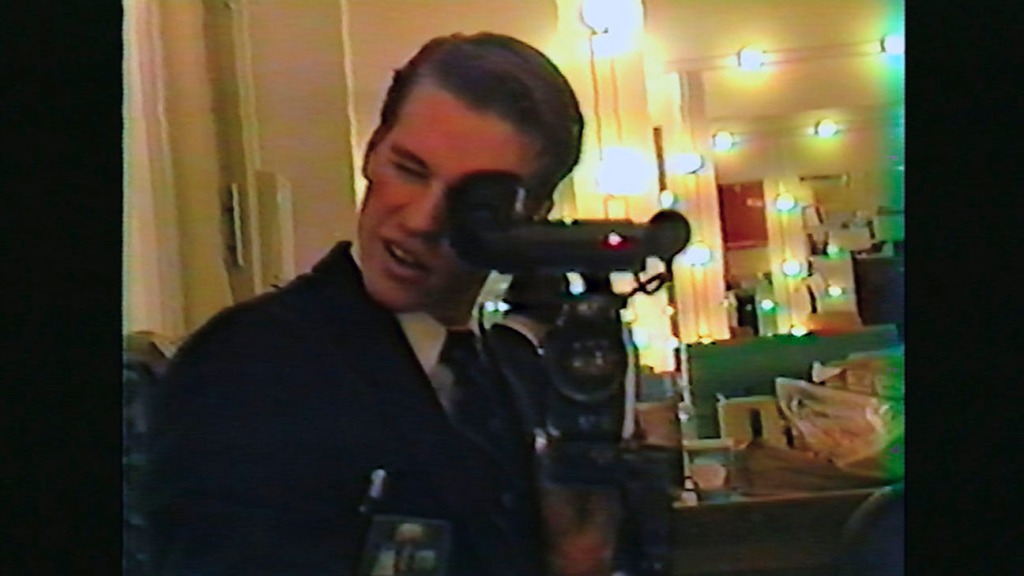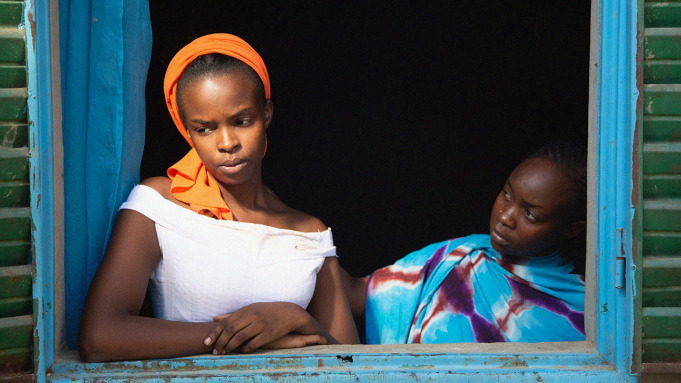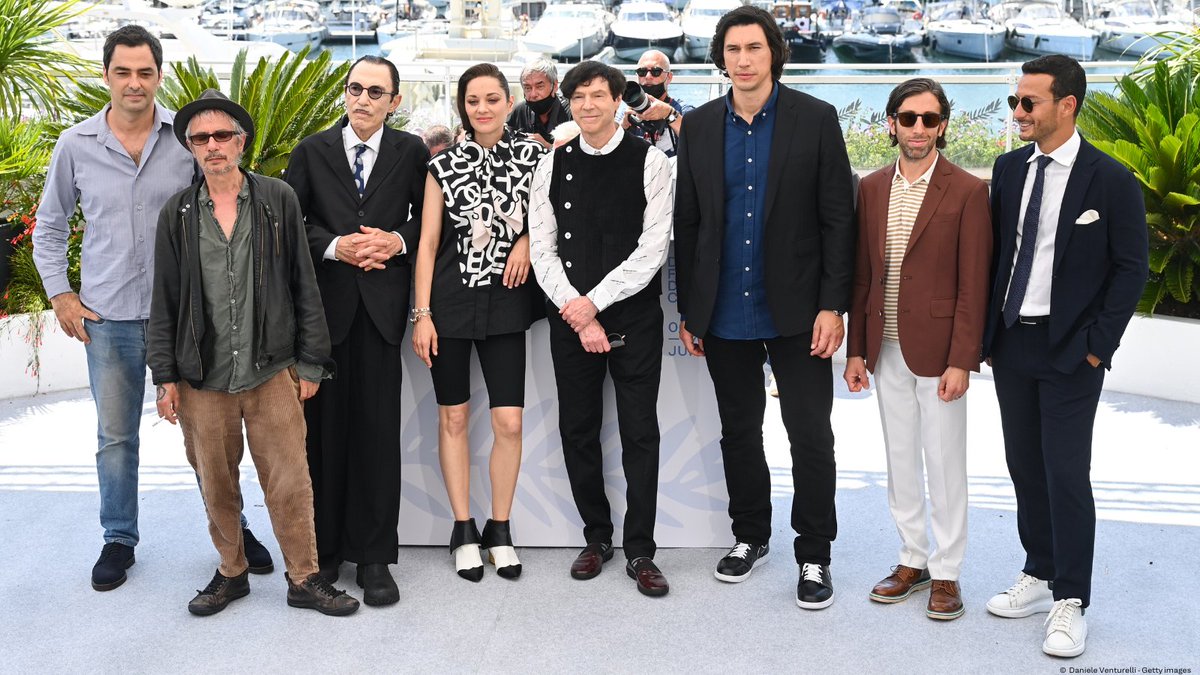By Morgan Gabereau
More movies, fewer people. After a pandemic-induced hiatus last year, the Festival de Cannes has returned truer to form by doubling down with ultra-strong programming rather than frothy festivities.
Having cleverly prolonged the event by moving the bulk of the market sales activity to the virtual sphere, in what has been dubbed Pre-Cannes, there are more movies vying for the attention of fewer in-person attendees (an estimated at 5-6,000 accreditations—it is usually upwards of 20,000). So far, this is making for a more intimate, less frenetic pace, with better access to screenings.
However, this may be a double-edged sword for the global film market and festivals. While this hybridisation seems to be working, the need to be present in-person is perhaps being fatally undermined by virtualising the sales market. The making and marketing of movies has traditionally been a very relationship-driven business, and the diminished social continuity and interaction is symptomatic of major disruption in the cinema ecosystem. Having endured a historic downturn in cinema-going, the only thing that seems to be holding up is the price of Cannes accommodation. No wonder large swathes of non-talent industry types have chosen to skip the hassle and expense of being here.

Covid testing and health pass requirements aren’t proving too onerous and early teething problems with verification procedures seem to have been resolved, although there are simmering concerns that slackening mask adherence, especially once screenings begin, might be the elephant in the room. In a shrug of solidarity to French resignation, Adam Driver reportedly lit up a cigarette indoors at the opening screening of Annette.
The Palais des Festivals, the enormous brutalist bunker by the sea that houses the largest theatres in Cannes, as well as the festival offices and large convention floor spaces, is a ghost town. Gone are the expensive armies of sales and marketing assistants. Even the country pavilions along the beach have been further relegated to sidebar status. If you’re here, it’s because you love cinema. Fortunately, the blind faith that got you here is being rewarded with a top-notch selection. Festival Director Thierry Fremaux said, “Six months ago, we were not at all sure it was going to happen.” And yet, Cannes remains la grande doyenne of film curation, auteurism and publicity generation, whether in-person or in cyberspace.
It was not all that long ago that the only documentaries Cannes seemed interested in programming were from the likes of Michael Moore. However, for several years now, and at least for the first few days of the festival, longform documentaries have secured a bigger share of the Official Selection screening slots. They almost seem to have equal billing with their fictional brethren. Generally less expensive to make, feature documentaries—with the right elements—have become, to a certain extent, viable theatrical fare and commercially successful.

The first festival screening was from documentary filmmaker Mark Cousins, who returns with a reincarnation of his epic Story of Film series. The Story of Film: A New Generation is a tour de force that unfolds like a film studies masterclass, a montage of moments and memories. The film is a poetic meditation on the history of cinema, its current state, and what’s to come, with a distinctive ‘the medium is the message’ vibe. It tries to make sense of the collapse of non-blockbuster moviegoing throughout the world, whether virus or streaming-induced, and how it may rise again. Despite the herculean efforts of many cinema-first legacy professionals, it remains difficult to imagine how it will ever be as vibrant of a social and cultural experience as it once was. As robust as global feature film output continues to be, the future of quality independent cinema remains precarious without the political will to protect the theatrical window and massive new investment in innovative theatrical experiences .
Cousins’ sculpting of visual representation, humanism, identity politics, and the effects of technological innovation is a potent message about the perils of losing sight of the sanctity of cinema-going as a milieu for social discourse. Cousins has become the standard bearer of cinema as enlightened public consciousness. A sort of Roger Ebert meets David Attenborough of applied cultural theorists cum documentarians.
They were still putting up the signage at the new Cineum complex in adjacent Cannes La Bocca for Annette, which served as the inaugural screening in the flagship IMAX-with-laser theatre, with its 400 wide-bodied business class seats. The complex is an enormous concrete warehouse and state of the art multiplex, adjacent to a new art, design, and technology campus. This is next generation integration of entertainment and education, and a brave effort to re-invent cinema-going culture. Vast open rave-like floor spaces allow for expansive mingling and ruminating before and after screenings.
Annette itself? Starring Adam Driver and Marion Cotillard, it’s an audacious, if somewhat anachronistic rock opera, where director Leos Carax has taken the red pill rather than the La La Land blue pill. It works, but its somewhat overwrought cleverness occasionally clashes with its restless emotional underpinning.

Val is verité writ large. A deeply personal autobiography that draws on a lifetime of home movies shot in and around his blockbuster sets (Batman, Top Gun), lesser-known theatrical acting career, and private wanderings. Whimsically deranged at times, we see a wilder, more experimental side of Kilmer that he suggests has been largely kept hidden away by his “commercial work.” From his early years growing up on Roy Rogers Ranch outside Los Angeles, to his Juilliard years, Kilmer hits the zeitgeist on the head with one memorable backstage scene which reveals practically pubescent Sean Penn and Kevin Bacon churlishly admiring Kilmer’s curious new plaything – a home video camera. It’s a self-portrait of an actor doing the best he could under the circumstances. Honest and disjointed, Val is a time capsule of an artist who, although hugely successful, feels as though his better-known work ultimately undermined his more creative ideas, desires, and self. When one of the producers of Val stated in his opening remarks that Kilmer had told him early on in the project that it would premiere in Cannes, Festival Director Thierry Fremaux quickly added, “…and we’re tough.”
Festival favourite Francois Ozon returns to the Competition with Everything Went Well, a modest and constrained look at two bourgeois Parisian sisters confronting the ethical and emotional minefield of their dying father’s wish to be euthanized. A strong performance from Sophie Marceau sheds candid light on the difficult choices and moving target that is the business end of life.
The Velvet Underground by Director Todd Haynes is a highly mediated and hypnotic look at the life of the eponymous, influential music group. Academy Award-caliber editing and sound design give this deep dive canonisation of 60s drug-saturated, NYC-indebted creativity a more refined and coherent interpretation. Extraordinary archival footage sheds new light on the wrenching emotions and egos at work in the very loyal, but often fickle art world camaraderie of band members including Lou Reed and John Cale, as well as their patron, Andy Warhol.

Finally, Lingui is a portrait of a single mother in Chad and her 15 year-old daughter who becomes pregnant. Gorgeous cinematography captures the sun-bleached pastels of contemporary urban African life, while revealing a labyrinthian neighbourhood of repressed desire, economic necessity, family bonds, common decency, and redemption in an often-oppressive Muslim community.
Morgan Gabereau is a writer and filmmaker based in London and Vancouver.
